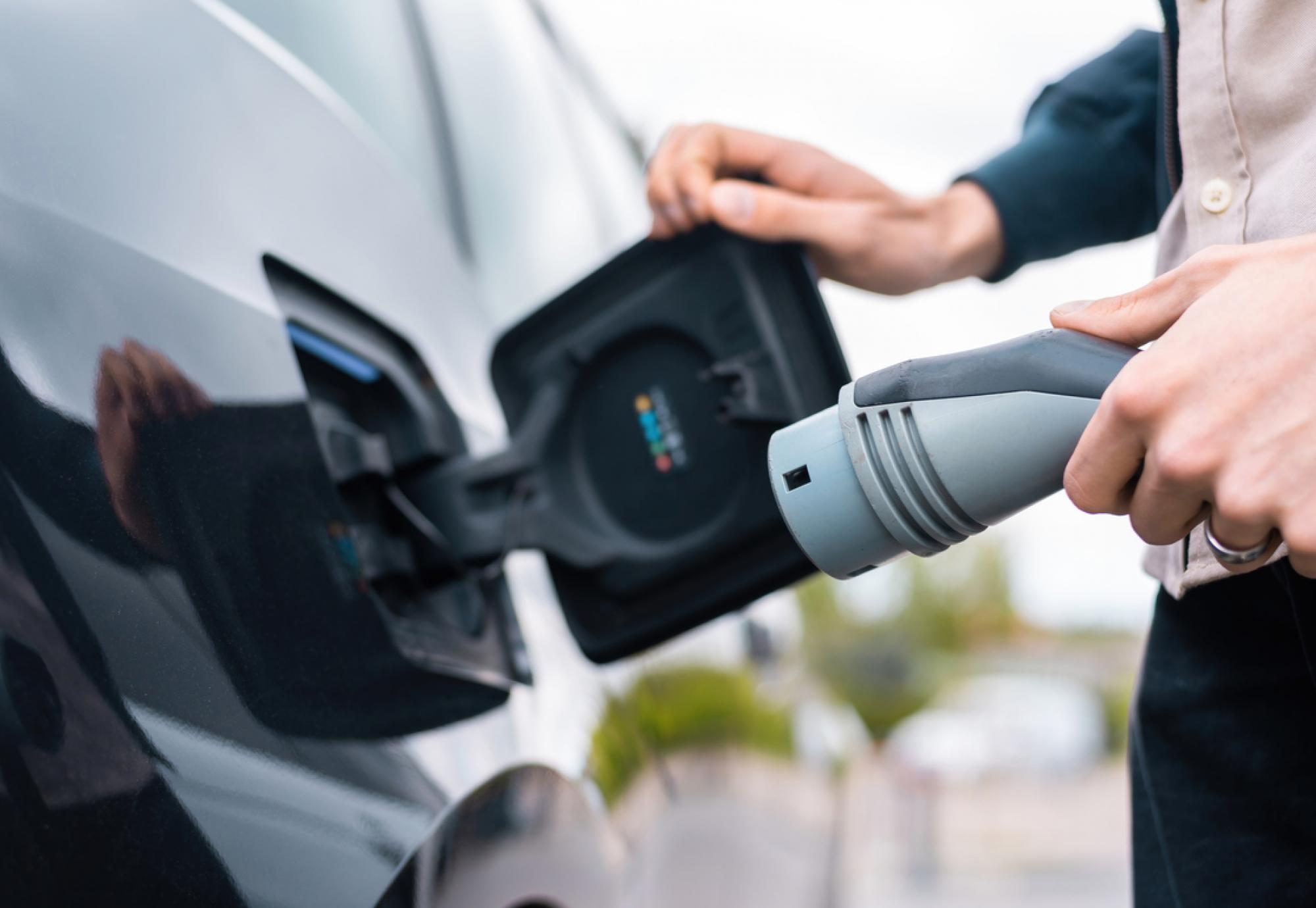Evidence presented by Transport for the North has shown that the North of England will need up to 161,000 electric vehicle charge points across the region, if decarbonisation ambitions are to be met.
Yesterday, Transport for the North (TfN) announced the launch of its own, bespoke, Electric Vehicle Charging Infrastructure Framework. Using a data-driven approach, TfN will capture road user, socio-economic, land-use and housing data in one place to give a comprehensive and consistent picture of what the requirements for electric vehicle charging across the region are.
Across the North there are approximately 8,000 public charge points, around 5% of the number needed to cater to the requirements of residents that are making the switch to electric vehicles.
In order to achieve the right number of charge points to correctly support the region’s EV ambitions, 470 charge points would need to be installed each week, up until 2025.
Chief Executive of Transport for the North, Martin Tugwell, said:
“Our evidence is clear that we must act now if we’re to roll out the EV charging infrastructure needed to support our decarbonisation, economic, and inclusivity ambitions. Our aim is to offer a fully integrated assessment, one that accounts for the large proportion of trips which are ‘cross-boundary’ as well as looking at how our roads and charging networks can cater for the full range of journeys being made to, from and within our region.
“Electric vehicle uptake is rapidly increasing, with no new petrol and diesel cars and vans sold in the UK by 2030. Over the next decade we will need to see a rapid transition to EVs and zero-emission vehicles, and this requires a significant investment in the charging infrastructure if we are to decarbonise transport.
“It is important that the delivery of charging infrastructure is user-centred, placed-based and outcome focuses. In this way we can ensure access to EVs is equitable, accessible and inclusive. Our approach provides the means to make better assessments about where to put the new charging points, without forgetting the needs of non-EV users.”
Senior Major Roads Planning and Strategy Officer at Transport for the North, Simon McGlone, said:
“Our EVCI framework provides a route map towards an efficient, attractive and inclusive EV charging network. It also identifies the significant requirements placed on the electricity grid and energy networks arising from the electrification of road vehicles.”
“The evidence provides local specific details while delivering a whole network view which is important when you consider the user movements across our region and further afield. Our partnership has recognised the value of understanding this cross-boundary travel across the North, to support their EVCI actions to meet demand in their local areas. This means putting the right infrastructure in the right place, at the right time – taking value-for-money, resilient and integrated decisions based on user needs. Our evidence is openly available via our interactive tool to support collaborations and partnerships which deliver the density and coverage of charge points required to support our decarbonisation ambitions.”



















